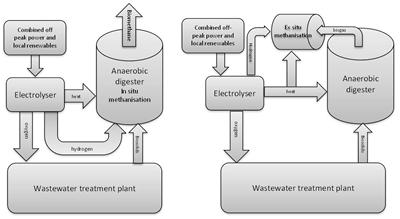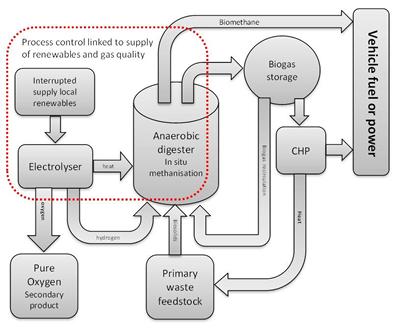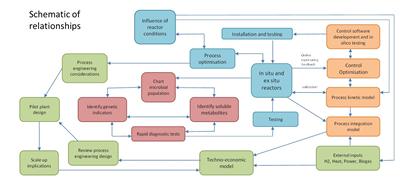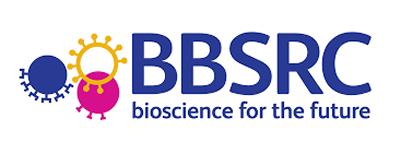Research project: Biomethanisation of CO2 in Anaerobic Digestion Plants
This project is part of the IB Catalyst programme jointly funded by Innovate UK, the Engineering and Physical Sciences Research Council (EPSRC) and the Biotechnology and Biological Sciences Research Council (BBSRC).











